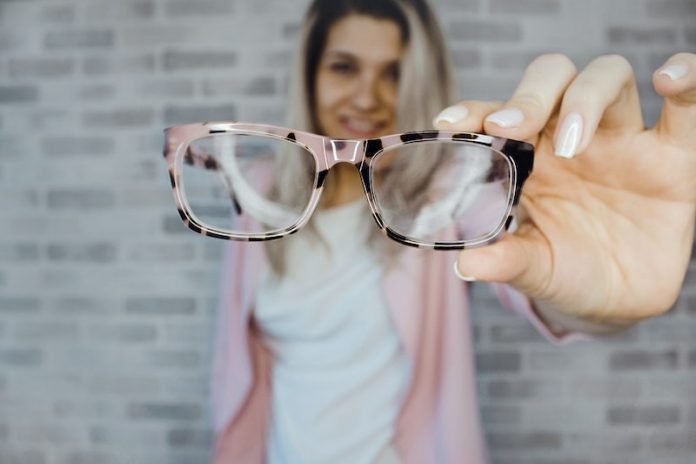
Protecting your overall health can go a long way toward keeping your eyes healthy! It’s important to make healthy choices and take good care of yourself.
Keep in mind that healthy habits like eating well and being active can lower your risk for diseases and conditions that can lead to eye or vision problems, like diabetes or high blood pressure.
Follow these tips for healthy vision:
Eat healthy foods. Be sure to have plenty of dark, leafy greens like spinach, kale, and collard greens. Eating fish that are high in omega-3 fatty acids — like salmon, tuna, and halibut — is good for your eyes, too.
Get active. Being physically active helps you stay healthy. It can also lower your risk of health conditions that can cause eye health or vision problems — like diabetes, high blood pressure, and high cholesterol.
Quit smoking. Smoking isn’t just bad for your lungs — it can hurt your eyes, too! Smoking increases your risk of diseases like macular degeneration and cataracts — and it can harm the optic nerve.
If you’re ready to quit, call 1-800-QUIT-NOW (1-800-784-8669) for free support.
Protect your eyes
Every day, you can take simple steps to keep your eyes healthy. Use these tips to protect your eyes from things that can harm them:
Wear sunglasses. Protect your eyes from the sun by wearing sunglasses — even on cloudy days! Be sure to look for sunglasses that block 99 to 100 percent of both UVA and UVB radiation.
Wear protective eyewear. Safety glasses and goggles are designed to protect your eyes during certain activities, like playing sports, doing construction work, or doing home repairs.
You can buy them from most eye care providers and some sporting goods stores.
Give your eyes a rest. Looking at a computer for a long time can tire out your eyes. Rest your eyes by taking a break every 20 minutes to look at something about 20 feet away for 20 seconds.
If you wear contacts, take steps to prevent eye infections. Always wash your hands before you put your contact lenses in or take them out.
Be sure to disinfect your contact lenses and replace them regularly.
Sign up for our newsletter for more information about this topic.
If you care about eye health, please read studies about how your eyes could show early signs of Alzheimer’s disease, and findings of a new treatment for severe dry eye disease.
For more information about eye disease, please see recent studies about high blood pressure and eye damage: what you need to know, and results showing diabetic eye disease: what you need to know.



